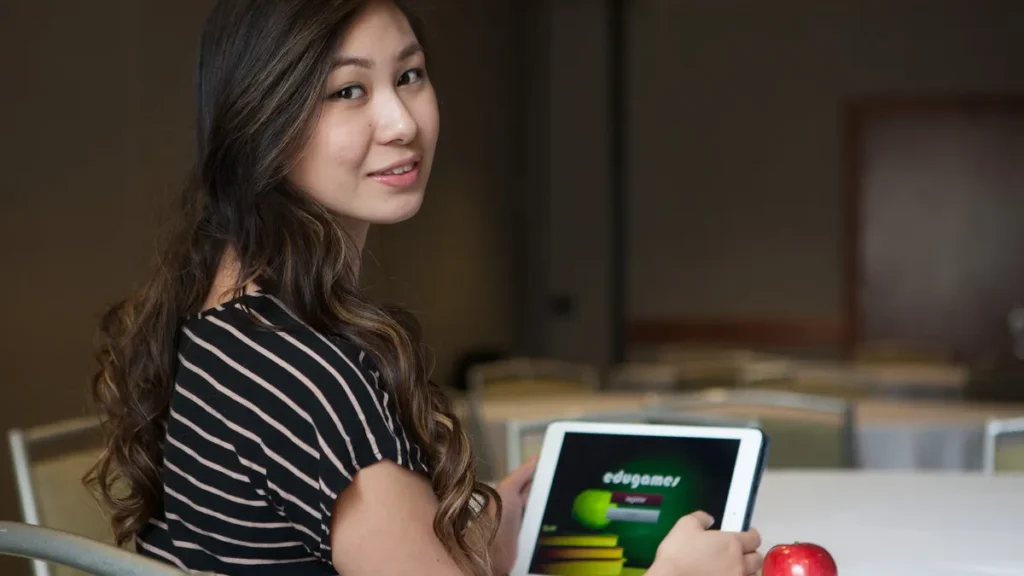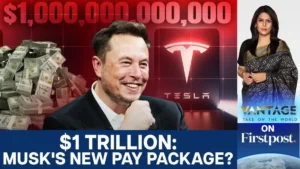
Lucy Guo didn’t just stumble into billionaire status — she’s been hustling since elementary school.
At just 30, Guo was crowned by Forbes as the world’s youngest self‑made billionaire, with a net worth of $1.3 billion. Her first big win came with Scale AI, an artificial intelligence data‑labeling company she co‑founded, which was later snapped up by Meta in a jaw‑dropping $25 billion deal.
Today, she’s running Passes, a platform launched in 2022 that helps content creators make money directly from their fans. She’s also the founder of Backend Ventures, a VC firm she started in 2019 to back early‑stage tech startups.
Raised on Discipline and Dollar Sense
Growing up in Fremont, California, with Chinese immigrant parents, Guo learned two things early: education matters, and so does money.
“They threw me into Abacus competitions,” she told CNBC Make It. “I was definitely forced to have good academics.”
That drive took her to Carnegie Mellon University, where she studied computer science and human‑computer interaction. But two years in — with just one year left to graduate — she dropped out.
Her parents, who had sacrificed everything to move from China to the U.S., were devastated. “For their kids to suddenly let go of their education when they were almost done was like a slap in the face,” Guo said.
Instead, she took a leap — joining the Thiel Fellowship, which gives young innovators $200,000 to build companies. “It wasn’t about not loving them,” she explained. “It was me making a bet on myself.”
Playground Deals and Secret Bank Accounts
Guo’s money‑making streak started young. In grade school, she traded Pokémon cards, sold colored pencils, and flipped “anything I could find” for profit.
Her parents were strict — if she misbehaved, they’d confiscate her cash. So, in second grade, she marched into Home Depot to get a debit card and opened a PayPal account to keep her earnings safe.
Leveling Up the Hustle
By middle school, Guo was selling rare virtual pets and in‑game currency from the online game Neopets. Then came coding — and with it, bots to cheat in games, which she sold for real money.
From there, her ventures snowballed: building websites with Google AdSense, creating internet marketing tools, and finding new ways to turn clicks into cash.
Now, with billions in the bank, Guo’s story is proof that sometimes the biggest risks — and the earliest hustles — pay off the most.

